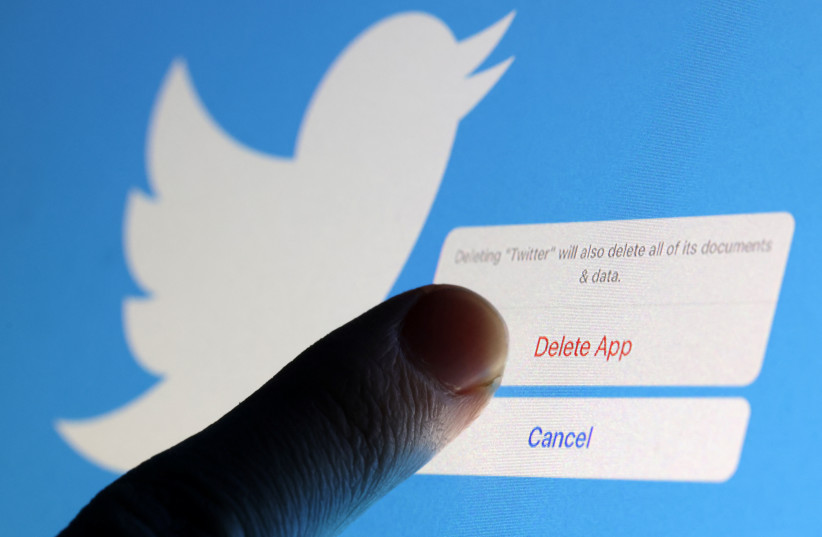Twitter launches new policy against violent speech

Twitter stresses that its platform should be used for civil discussion and that cannot happen when discourse that promotes violence spreads on its site.
Twitter launched its Violent Speech Policy last month that informs users that they are not allowed to "threaten, incite, glorify, or express desire for violence or harm."
The social media platform has expressed a "zero tolerance policy" towards speech that may incite violence in order to better protect users' safety and not allow violent behavior caused by the platform to be normalized.
Twitter stresses that its platform should be used for civil discussion and that cannot happen when discourse that promotes violence spreads on its site, according to the social media platform's help center.
What should happen if a Twitter user(s) violates this policy?
Twitter states that accounts that violate this policy will have their account suspended "immediately and permanently" in most cases and that for cases that the platform considers to be less severe will only have their account banned for a certain time period. However, a permanent suspension is still possible if the user still violates the social media giant's policy.
What does Twitter consider to be violent speech on its platform?
Threats, expressing a desire of harm on another as well as incitement or glorification of violence all fall under the umbrella of violent speech, according to Twitter, and a user that engages in any of these criteria will have their account suspended or banned.
Violent threats include threats of murder, sexual assault and torture, according to the platform's guidelines. Incitement of violence includes celebrating or promoting violent behavior or encouraging others to commit acts of harm to themselves and/or others.
Wishing other people harm also violates Twitter's guidelines, which include statements expressing hope for others to die or suffer illnesses or tragic incidences.
What isn't a violation of Twitter's violent speech policy?
Twitter specifically states that expressions of violent speech are allowed "when there is no clear abusive or violent context."
This could include hyperbolic and consensual dialogue between friends, figures of speech artistic expression or satire if the context is on a specific viewpoint that is unrelated to physical violence or harm.
Jerusalem Post Store
`; document.getElementById("linkPremium").innerHTML = cont; var divWithLink = document.getElementById("premium-link"); if (divWithLink !== null && divWithLink !== 'undefined') { divWithLink.style.border = "solid 1px #cb0f3e"; divWithLink.style.textAlign = "center"; divWithLink.style.marginBottom = "15px"; divWithLink.style.marginTop = "15px"; divWithLink.style.width = "100%"; divWithLink.style.backgroundColor = "#122952"; divWithLink.style.color = "#ffffff"; divWithLink.style.lineHeight = "1.5"; } } (function (v, i) { });


